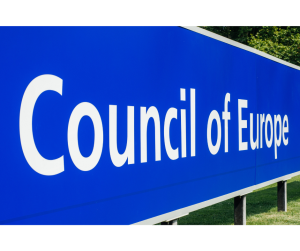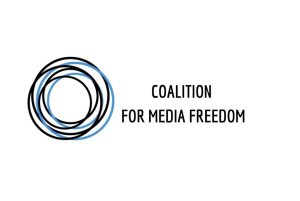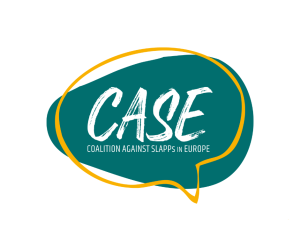The European Commission has released a draft template for the summary of training data designed to support the implementation by AI model operators of the transparency obligations from the AI Act. The European Federation of Journalists (EFJ) calls on the EU Commission’s AI Office not to be influenced by the Big Tech industry when formulating these obligations and urges to protect the legitimate interests of authors.
In order to implement the transparency requirements of the AI Act for providers of generative AI models, the AI Office is currently working on so-called templates. These templates will set the legally binding framework for the scope of the transparency obligations. They aim to cover all sources of content from pre-training to fine-tuning, such as overall training data size, respect of copyright and removal of unwanted content. But AI developers argue that this information constitutes trade secrets.
Hanna Möllers, a lawyer specialising in AI at the EFJ’s affiliate in Germany, the German Journalists’ Association (DJV), criticises that the current draft lacks an obligation to provide evidence for each individual work.
The implementation of the transparency obligations of the AI law is essential for the creative industries. If authors want to take legal action against the unauthorised and unpaid use of their work for AI training, they need to prove that their work has actually been used. Without disclosure of the specific training material, it is almost impossible.
“None of the information provided will help authors in court. This is contrary to the spirit and purpose of the AI Act, which explicitly states that the disclosure requirement should make it easier for rightsholders to enforce their rights,” says Möllers.”
“The big tech industry seems to be getting through to the AI Office with its arguments by invoking trade secrets. The publication of comprehensive information does not violate trade secrets, explains the DJV lawyer. Nor does it harm food manufacturers if they have to disclose the whole lists of ingredients. Only the recipe, not the ingredients, can be a trade secret,” added Hanna Möllers.
The template still needs to be discussed with the Member States’ representatives in the AI Board subgroup and the European Parliament before the Commission adopts it formally in the second quarter of 2025.
Source: EFJ




